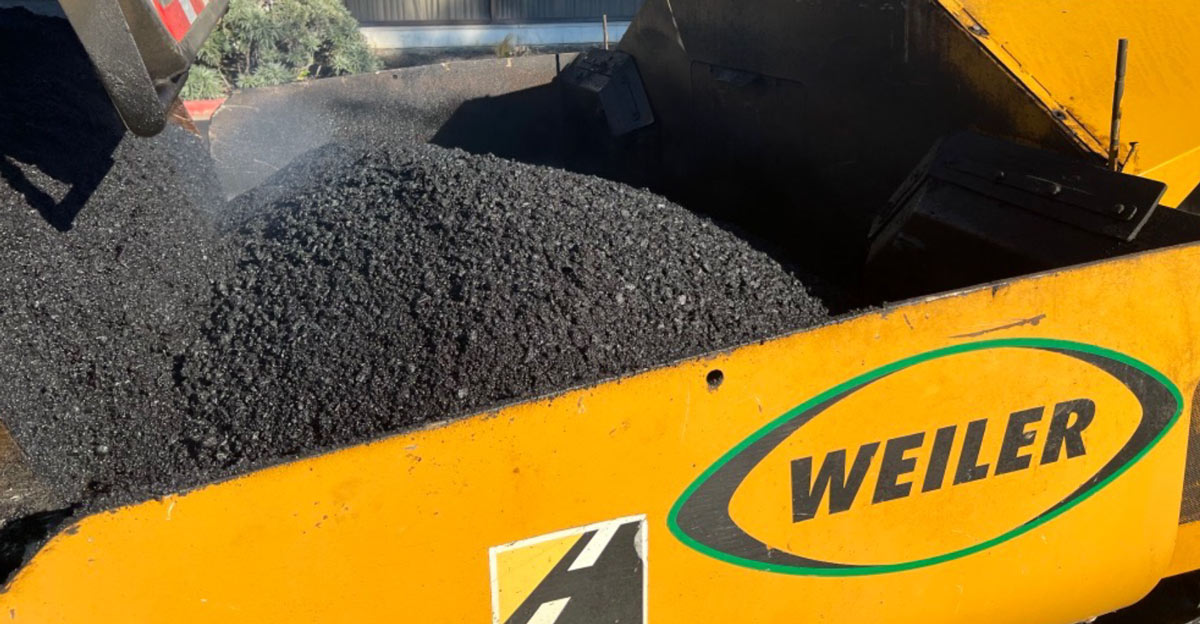How the Cost of Materials Affects the Construction Industry
Several factors have been impacting the construction industry lately, most notably an increase in rising material costs due to the recent disruption in the global supply chain. The reduction of staff and lack of shipping containers at ports has contributed to a shortage of construction materials. All of it is having a negative impact on contractors that are under contracts with fixed pricing.
In commercial construction, the most commonly used material is steel. Over the past 14 months the cost of raw material has increased 45-70%, with sheet steel and tube steel seeing the largest impact. Steel mills are also currently producing little to no “floor stock,” so lead times on basic materials have increased by two to four weeks.
Mark Brownell, TARC Steel Division Manager, says, “on two of our past projects, we had to re-design the roof framing system to meet our client’s schedule due to extended delivery times on steel bar joist and B-deck materials of up to 10 months.”
Luckily, TARC Construction, Inc. is fortunate to have business relationships with steel service centers all around the USA to minimize the impact to our clients.
When it comes to asphalt, the price of crude oil can affect your next paving project. Generally, there is a time gap of a few months between when oil prices change and when the cost of asphalt is impacted, however, there are many factors that can add cost to the bottom line of installing pavement. Oil and fuel prices always affect the cost of making, transporting, delivering, and installing hot mix asphaltic concrete.


